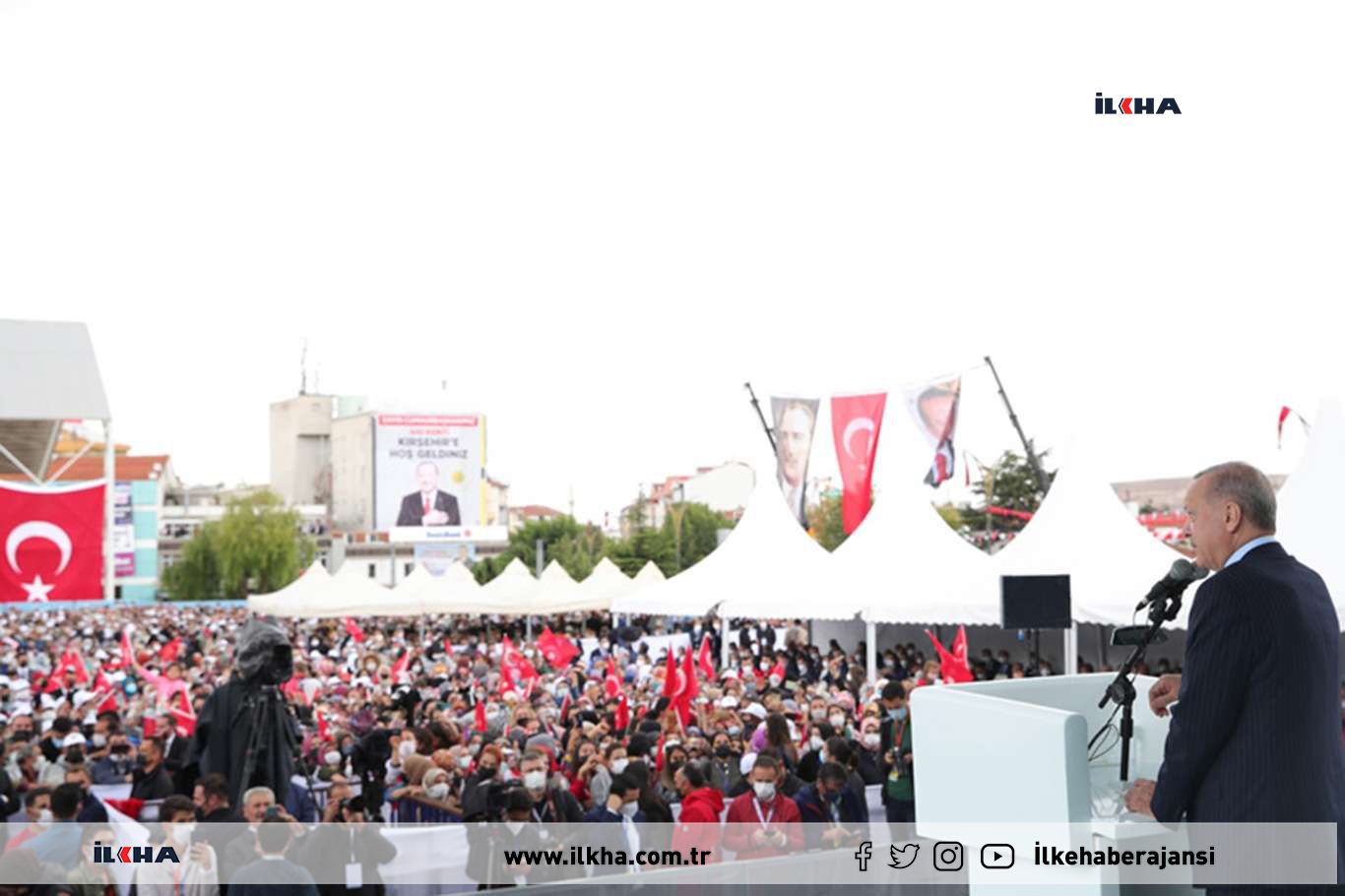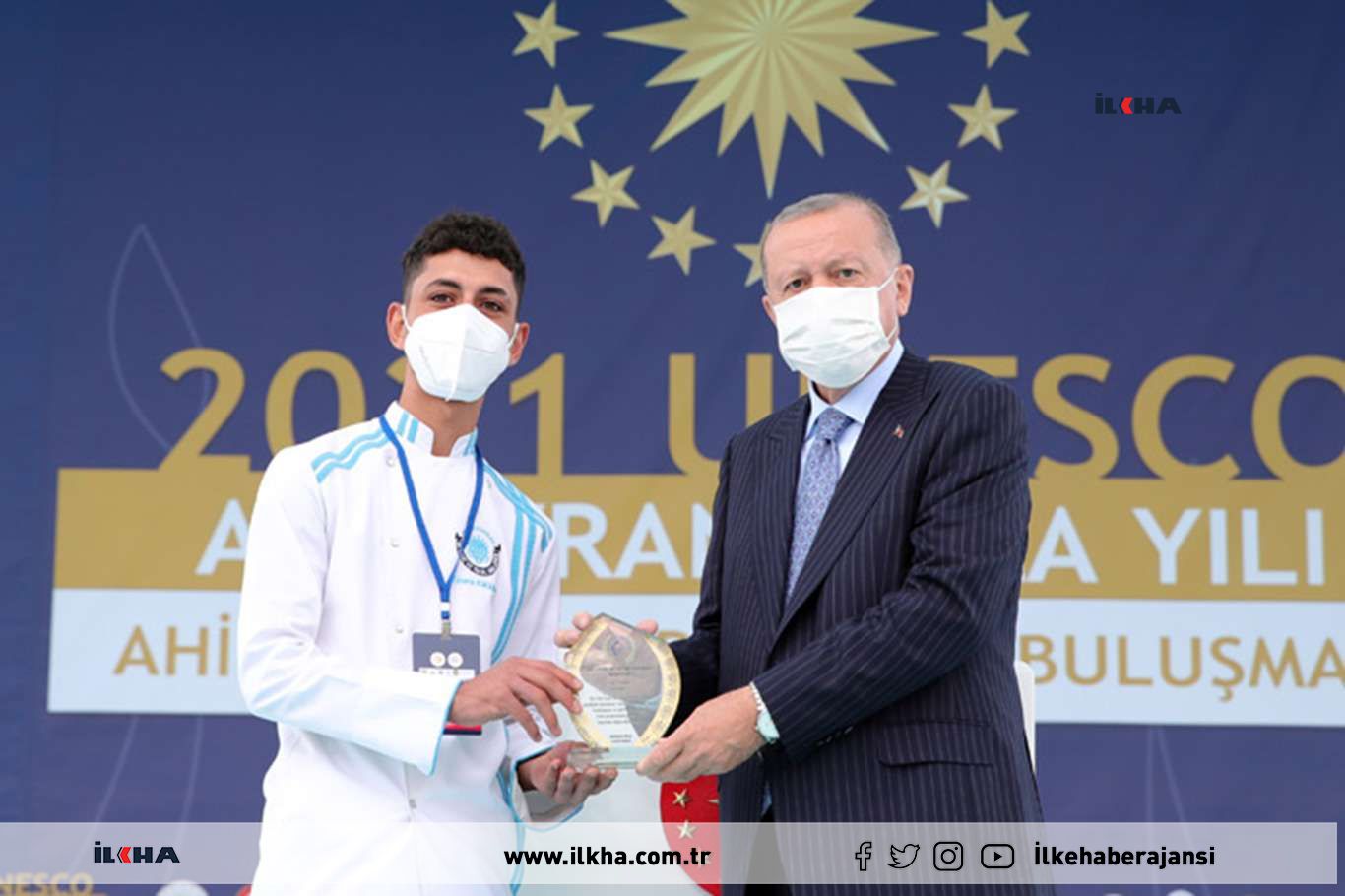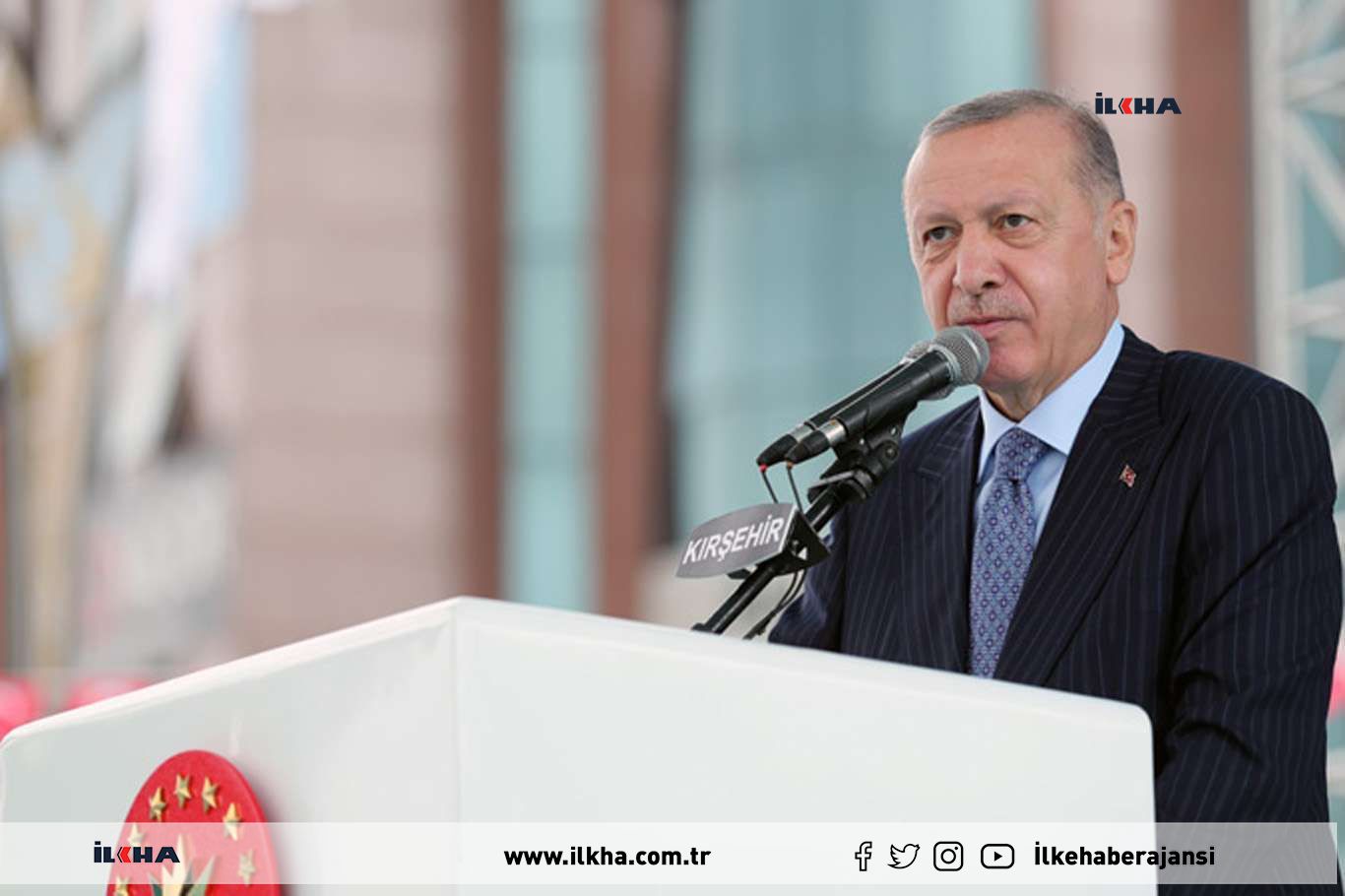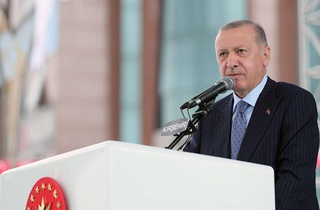Speaking at the Ahilik Week Brotherhood and Solidarity Event, Erdoğan said: “When even the developed countries experienced serious shocks, we made up for our losses in a short time and moved forward. Thanks to the measures we took and practices we implemented; we have achieved the highest growth rates in the world.”
“Ahilik is one of our most precious treasures”
Praising the long-established tradition and historic role of tradesmen and artisans in Turkey which combined science, morality and arts, Erdoğan said: “We are proud of this deep-rooted institution our ancestors left us.”
“With its principles that can meet the needs of today’s world, the timeless, invaluable and abiding Ahilik is one of our most precious treasures,” Erdoğan underlined.
“When even the developed countries experienced serious shocks, we made up for our losses in a short time and moved forward. Thanks to the measures we took and practices we implemented, we have achieved the highest growth rates in the world,” Erdoğan noted.
“We keep breaking records in export volume. The employment figures even surpassed the pre-pandemic period. Our investors are working hard to acquire new machines and raw material to boost production, and to expand the logistical channels,” Erdoğan said.
What is the Ahilik?
Ahi Evren, a Muslim preacher came to Anatolia before the Mongol invasions in Khorasan. He worked as a leather dealer in Kayseri and began organizing Muslim craftsmen in the cities. This organization was named after him. He moved to Konya and after Mongol invasions to Denizli and Kırşehir where he died.
After the battle of Kösedağ in 1243, Seljuks were puppets of Ilkhanate Mongols and during the power vacuum in Anatolia, various tribes or local warlords established their principalities as vassals of Ilkhanids. Ahis in Ankara also saw their chance to declare their semi-independence under Mongol suzerainty towards the end of the century (about 1290).
However, Ahi Beylik, unlike the others, was not ruled by a dynasty. It was a religious and commercial fraternity that can be described as a republic not much different from the mercantile republics of medieval Europe. (ILKHA)








 Dünya
Dünya
 Dünya
Dünya
 Spor
Spor
 Güncel
Güncel
 Güncel
Güncel
 Dünya
Dünya
 Güncel
Güncel
 Güncel
Güncel
 Dünya
Dünya
 Dünya
Dünya





